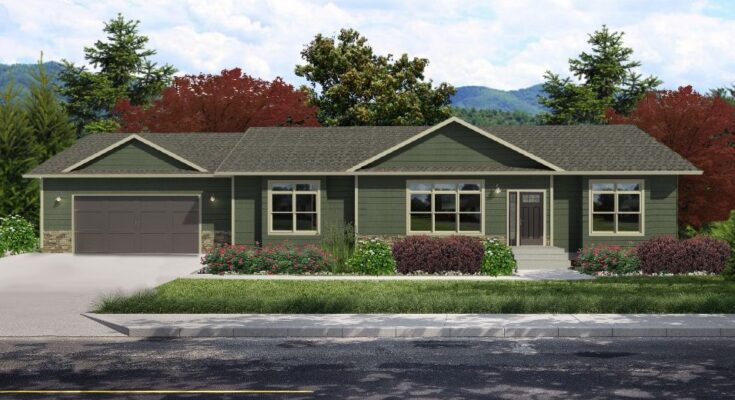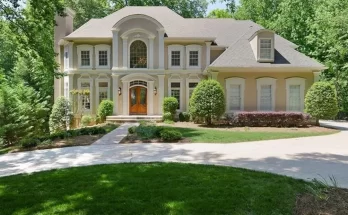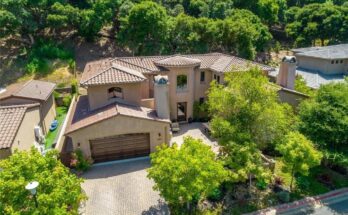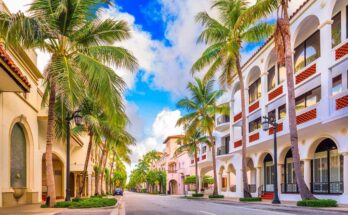Manufactured homes, often referred to as mobile or modular homes, have come a long way since their inception. Originally associated with a transient lifestyle, these homes have evolved into a viable and attractive housing option for a diverse range of individuals and families. This article explores the history, construction, benefits, and modern innovations of manufactured homes.
The concept of manufactured homes can be traced back to the early 20th century when mobile homes were first introduced. Initially, these structures were simple and designed for mobility, providing an affordable housing solution for those who led a nomadic lifestyle. The development of standardized construction methods and materials allowed for more efficient and cost-effective production. Professionals like UMH Properties Inc. doing great in this field.
In the mid-20th century, the industry saw significant growth as mobile homes became a popular housing choice for individuals and families seeking affordability and flexibility. However, the term “mobile home” carried a stigma of impermanence and a lack of quality. In response, the industry underwent a transformation, leading to the introduction of the term “manufactured homes” in an effort to emphasize their improved quality and compliance with federal construction and safety standards.
Construction and Design
Manufactured homes are built in a controlled environment, typically in a factory, using assembly-line techniques. This controlled environment allows for increased precision, efficiency, and quality control in the construction process. The homes are constructed on a steel frame, which provides structural integrity and makes them transportable.
These structures are built to comply with the building codes set by the U.S. Department of Housing and Urban Development (HUD). The HUD Code ensures that manufactured homes meet specific safety and construction standards, covering areas such as structural design, fire resistance, energy efficiency, and overall quality.
One of the advantages of manufactured homes is their versatility in design. Today, buyers can choose from a wide range of floor plans, architectural styles, and interior finishes. Modern manufactured homes can offer the same amenities and aesthetic appeal as traditional site-built homes.
Affordability and Energy Efficiency
One of the primary reasons people turn to manufactured homes is their affordability. The controlled construction environment, assembly-line techniques, and bulk purchasing of materials contribute to cost savings, making manufactured homes an economical choice for many homebuyers.
Moreover, these homes are designed with energy efficiency in mind. Advances in construction materials and techniques have allowed manufacturers to create well-insulated homes with energy-efficient appliances and systems. This not only benefits homeowners by reducing utility costs but also aligns with contemporary sustainability goals.
Customization and Innovation
Contrary to common misconceptions, manufactured homes offer a high degree of customization. Buyers can select from a variety of options, including flooring, countertops, cabinetry, and other interior and exterior features. This flexibility allows individuals and families to personalize their homes to suit their preferences and needs.
In terms of innovation, the manufactured housing industry has kept pace with technological advancements. Many modern manufactured homes incorporate smart home features, energy-efficient appliances, and eco-friendly building materials. This integration of technology enhances the overall quality of living and positions manufactured homes as a contemporary and forward-thinking housing option.
Community Living and Zoning
Manufactured homes are often situated in communities specifically designed for this housing type. These communities can offer amenities such as recreational areas, communal spaces, and shared facilities. Living in a manufactured home community provides a sense of community and shared identity, fostering social connections among residents.
Despite the advantages of manufactured homes, zoning regulations in some areas may still present challenges. Some municipalities may have restrictive zoning codes that limit the placement of manufactured homes, perpetuating outdated perceptions about the quality and permanence of these structures. Advocacy efforts are underway to address these zoning challenges and promote fair treatment of manufactured homes in residential areas.
Manufactured homes have come a long way from their humble beginnings, evolving into a cost-effective, customizable, and energy-efficient housing option. With advancements in construction techniques, design, and technology, these homes offer a viable solution for individuals and families seeking affordability without compromising quality. As the manufactured housing industry continues to innovate and challenge stereotypes, these homes are likely to play an increasingly important role in addressing the diverse housing needs of communities around the world.




